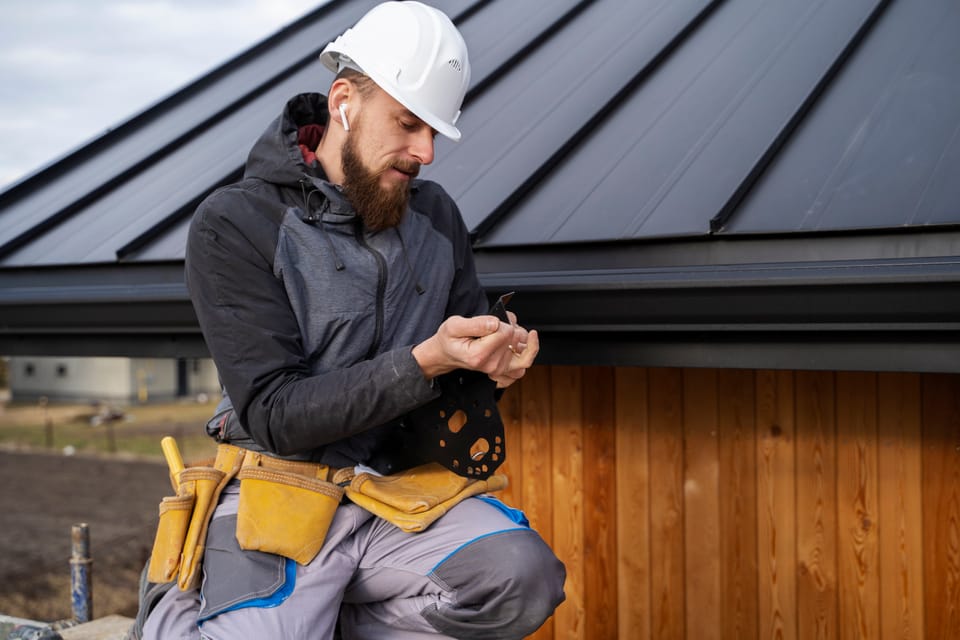4 Essential Steps to Take Before Signing a Roofing Contract

When it comes to roofing projects, whether you're replacing an old roof or installing a new one, signing a contract is a crucial step in ensuring a smooth process. However, before you put pen to paper, there are several important factors to consider. Here are four essential steps to take before signing a roofing contract.
1. Conduct Thorough Research
Before you even think about signing a roofing contract, it’s important to do your homework on potential contractors. Start by:
- Checking Reviews and References: Look for online reviews on platforms like Google, Yelp, and the Better Business Bureau. Ask the contractor for references and reach out to previous clients to inquire about their experiences.
- Verifying Credentials: Ensure the contractor is licensed, insured, and bonded. This protects you in case of accidents or issues during the project.
- Investigating Their Work: Ask to see examples of past roofing projects. A reputable contractor should have a portfolio of their work, which can give you a sense of their style and quality.

2. Get Detailed Estimates
Before finalizing your decision, it’s crucial to obtain detailed estimates from multiple contractors. Look for the following:
- Written Estimates: These should clearly outline the scope of work, materials to be used, timelines, and costs. Avoid contractors who provide vague or verbal estimates.
- Comparative Analysis: Compare the estimates side by side. While you don’t want to go with the cheapest option, understanding the cost breakdown helps you make an informed decision about the best value.
- Inclusions and Exclusions: Make sure the estimate specifies what is included in the price and any potential extra costs that might arise during the project.
3. Understand the Contract Terms
Once you’ve chosen a contractor and received the final estimate, it’s time to review the contract. Pay close attention to:
- Scope of Work: Ensure the contract clearly states what work will be done, including materials, labor, and any warranties.
- Payment Schedule: Understand how payments will be structured. A reputable contractor typically doesn’t require full payment upfront; instead, payments are made in increments based on project milestones.
- Timeline: The contract should include a start date, estimated completion date, and any provisions for delays due to weather or unforeseen circumstances.

4. Discuss Warranty and Aftercare
Before you sign, make sure you fully understand the warranty and aftercare provisions included in the contract:
- Manufacturer's Warranty: Ask about the warranties for the materials being used. Different roofing materials come with varying warranty periods and coverage.
- Labor Warranty: Inquire if the contractor offers a labor warranty in addition to the manufacturer's warranty. This protects you in case of workmanship issues after the job is completed.
- Maintenance Plans: Discuss any available maintenance plans to keep your roof in optimal condition post-installation. Regular maintenance can extend the life of your roof and prevent costly repairs down the line.
Conclusion
Signing a roofing contract is a significant step in your roofing project, and taking the time to prepare can save you from potential headaches down the road. By conducting thorough research, obtaining detailed estimates, understanding the contract terms, and discussing warranties, you’ll be well-equipped to make an informed decision and ensure a successful roofing experience.
Remember, your roof is one of the most important components of your home, so it’s worth investing the time to get it right!



